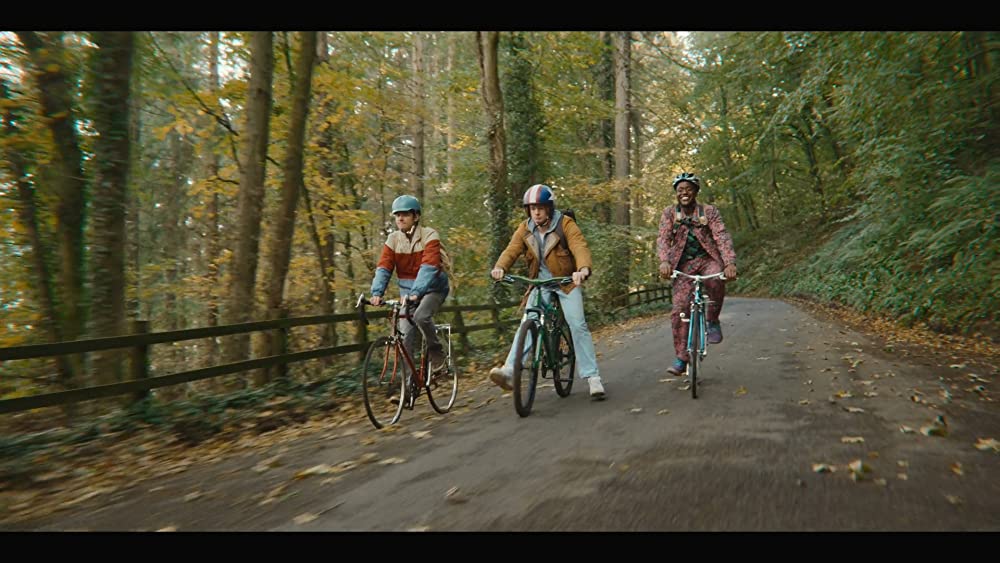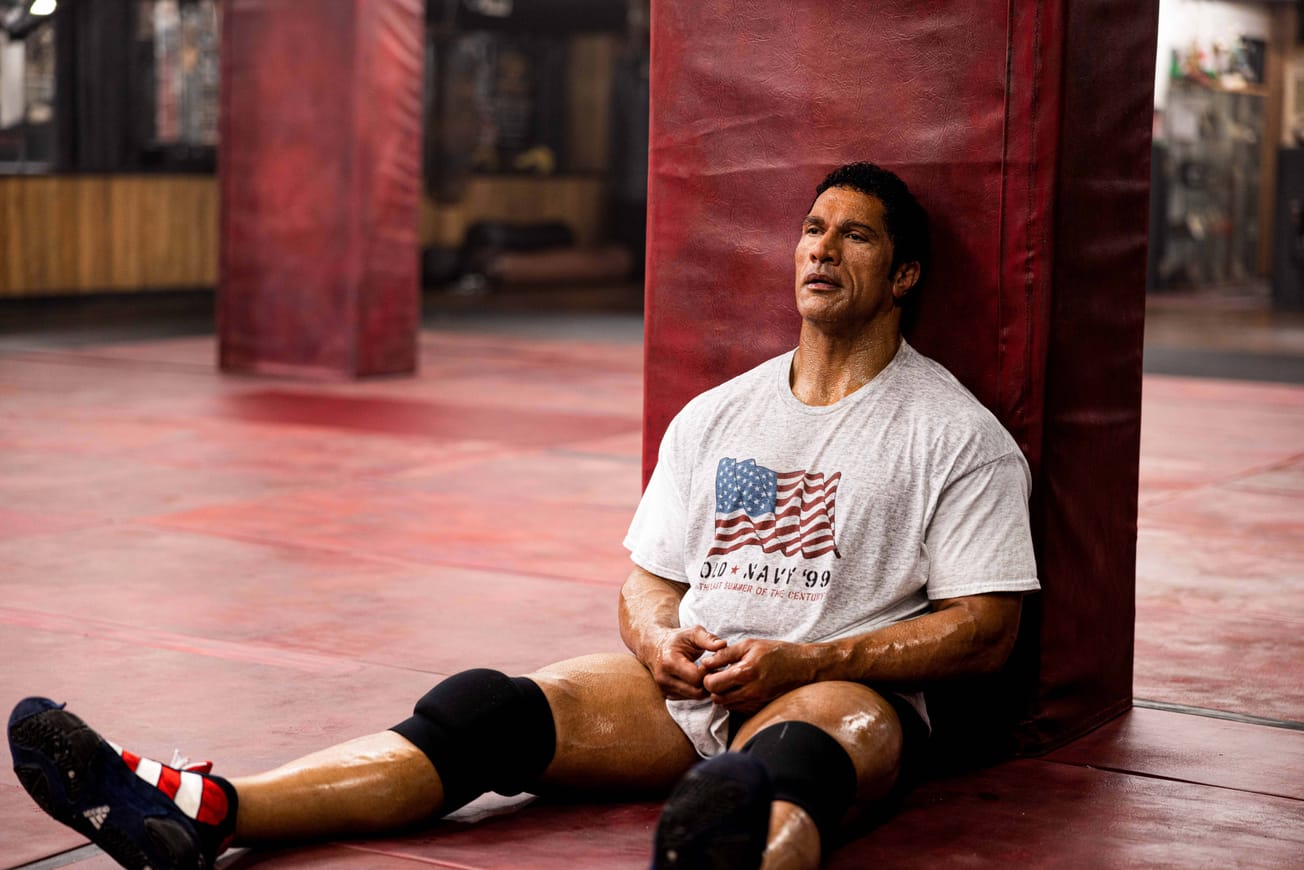Jacob Rozenberg, English Literature, First Year
“It’s not realistic.” “No school in England looks like that.” “I can’t stand Ola.” You’ll sometimes hear detractors mumble these statements about one of Netflix’s best-loved series, Sex Education, which entered its third season last month.
The show centres around the high-school life of nerdy teen Otis (Asa Butterfield), following his co-creation of a covert in-school sex clinic in Season 1. A running thread – the “will they/won’t they?” bond between him and fellow sex clinic overseer Maeve (Emma Mackey) – marks the central, but not singular, focus of the series.
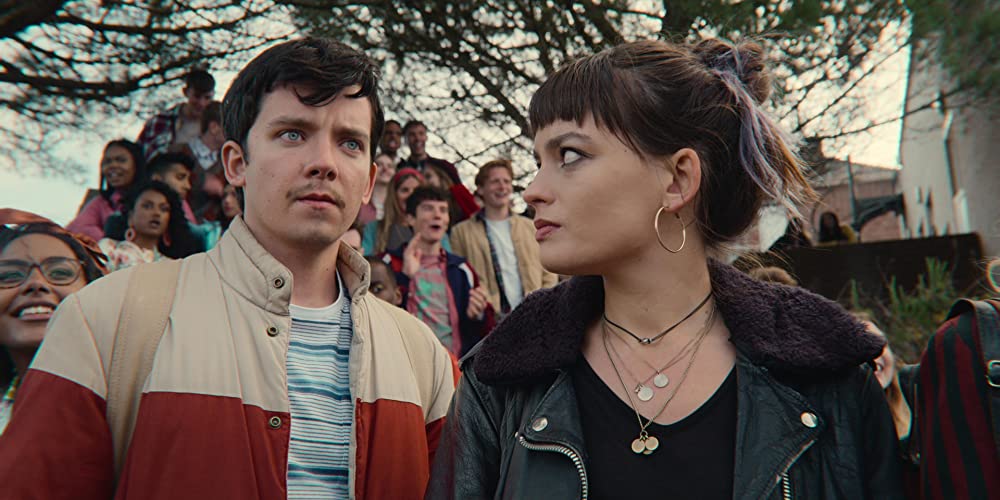
In Season 3, this dynamic is predominantly confined to the background. While Otis balances his new relationship with Ruby and adapting to his mother’s impending pregnancy, he forges a different path to Maeve, who balances her own relations with her mother and love interest Isaac alongside her desire to study State-side.
By opening itself up to more of an ensemble format, Sex Education can explore issues of gender identity with new characters such as Cal (Dua Saleh), ideas of mid-life dissatisfaction with existing characters such as Mr Groff (Alistair Petrie), and the realities of same-sex relationships with key supporting players Eric (Ncuti Gatwa) and Adam (Connor Swindells).
Aimee’s experience of sexual assault in Season 2 is not buried in the show’s overarching narrative, but crucially developed in relation to her life in the aftermath of the event.
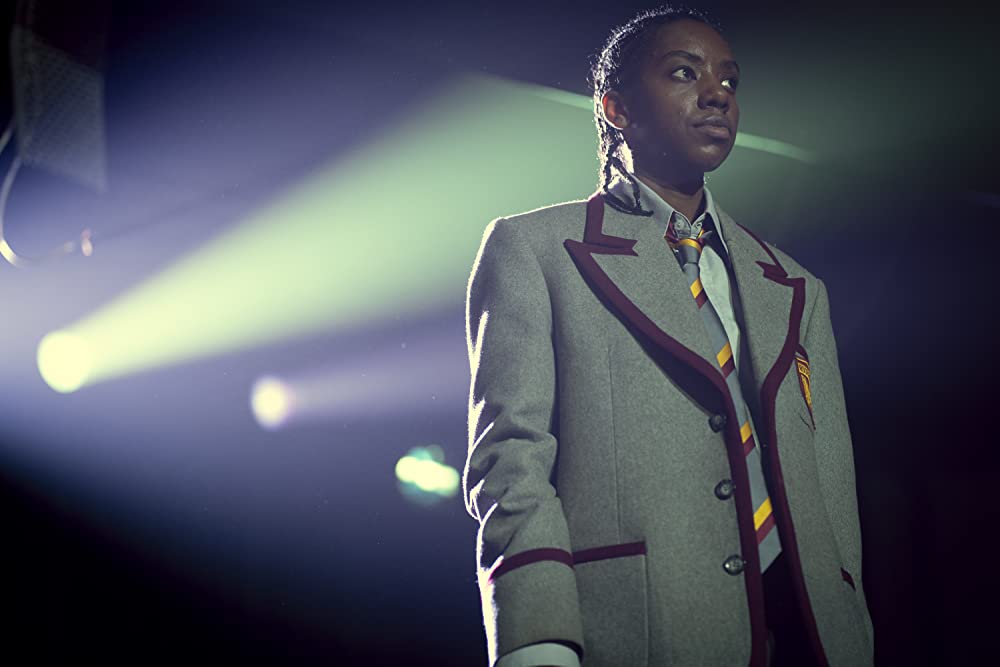
The series reaffirms its reputation to not only showcase, but depict with great empathy and understanding, experiences not often featured in mainstream entertainment. Namely, the relationship that develops between new character Cal, who identifies as non-binary, and former head-boy Jackson Marchetti (Kedar Williams-Stirling).
Jackson’s discovery of his entering into a queer relationship, when he had hitherto regarded himself as straight, poses a thought-provoking look into question of gender identity, and the often-static way in which we define ourselves.
Sex Education portrays with great awareness and candour the uncomfortable nature of maturing from one life stage into another. Otis’s admission that he still feels like a child, and his feeling that after ceasing his role in the sex clinic, he has become too self-centred (as suggested by Maeve) reflects the all-too-familiar growing pains of working out the kind of person you want to be, and the things that brings you fulfilment.
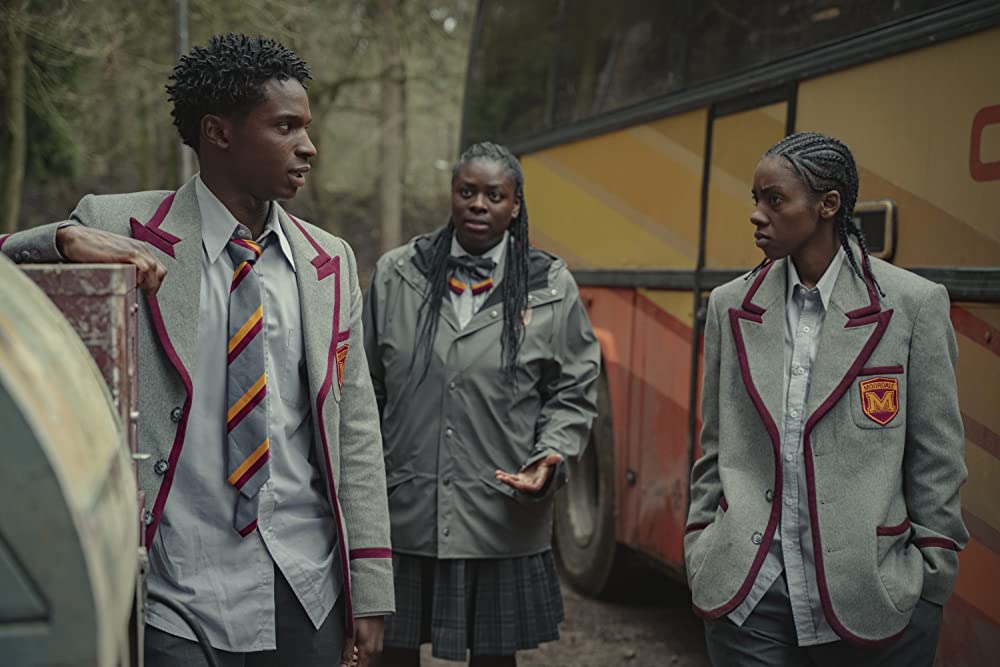
Writers of the series smartly contrast teenagers such as Otis seeking to find fulfilment with adults such as Mr Groff whose divorce, unemployment, and estrangement from son Adam creates for him a sense that his life has been wasted.
Groff’s personal development and empathetic portrayal by Alistair Petrie acts as a warning for young viewers not to waste their lives and openly embrace their youth while they still can.
What Sex Education lacks in accuracy surrounding peripheral details of education in Britain – it could really take place anywhere, mostly likely America – it makes up for through balancing earnestness and humour. The empathetic character portrayals and irreverent sexual humour work to prevent the messages being addressed from feeling overly preachy, and more often painfully resonant. Frankly, it’s rare to find a television show that Gen Z can feel comfortable in collectively endorsing. That said, I’m sure my friend still can’t stand Ola.
Featured Image: IMDB, Sam Taylor
Did this season live up to your expectations?

